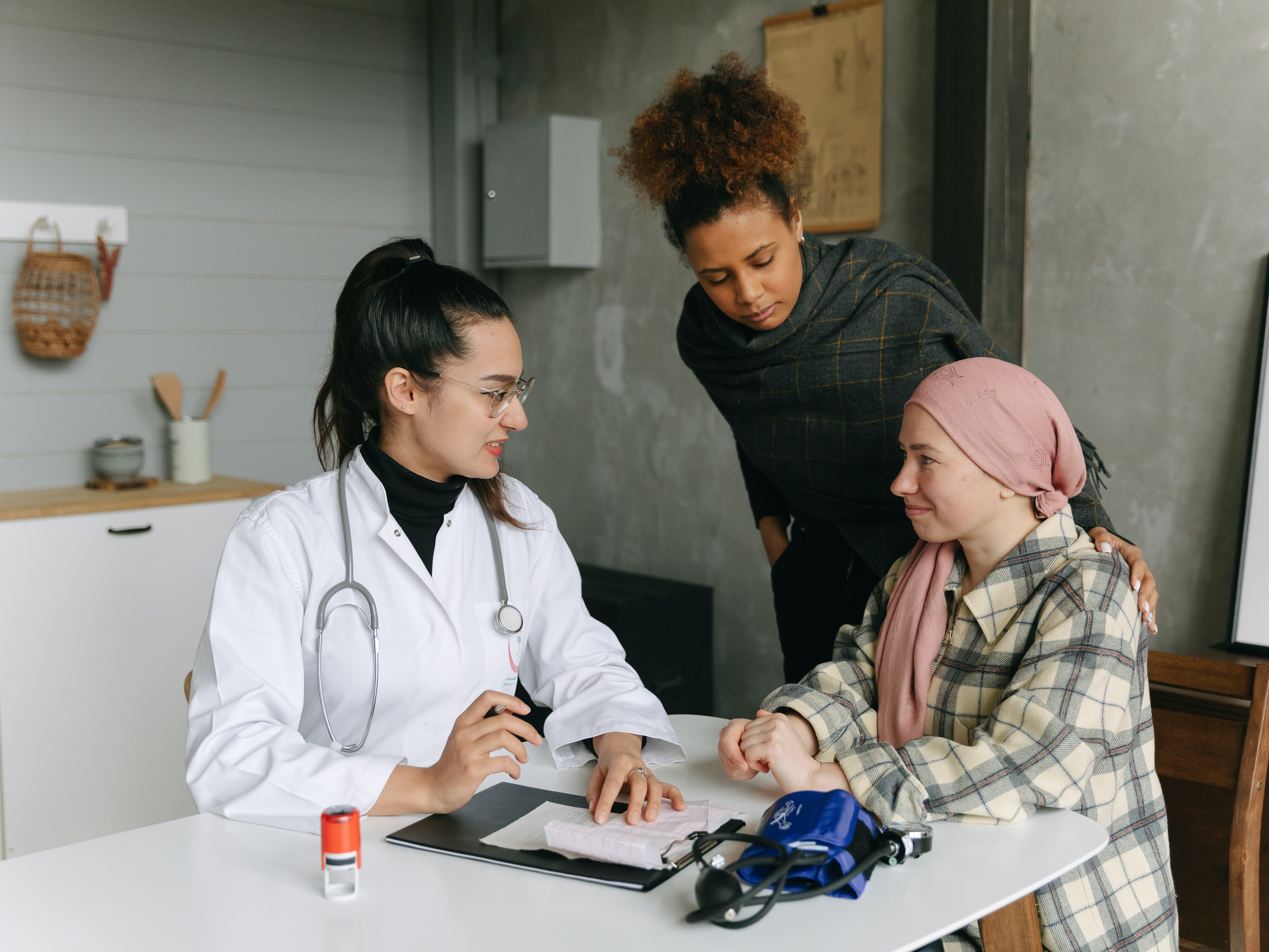Price: $600.00
Experience Level: Intermediate
Contact Hours: 19.25 hours |
The rehabilitation professional is an integral part of the interdisciplinary oncology team. A gynecological or bladder cancer diagnosis has multiple systems that are affected by cancer treatment. The rehabilitation professional that works with the pelvic oncology patient needs to competently navigate treatment techniques for all of these systems, as well as be confident in treating a patient in a personal area.; This two- day course will cover topics including diagnosis, medical treatment, side effects, and rehabilitation for gynecological cancer diagnoses, as well as bladder cancer.
Participants MUST register with a partner, or plan to have a volunteer available to work on during course labs. If you are planning on having a volunteer available for labs, they must sign a release of liability and be fully aware that the labs include rectal and perineal exams.
This course was designed to build on the information that was presented in Oncology of the Pelvic Floor Level 1. Information will be provided focusing on gynecological and bladder cancers including risk factors, diagnosis, and prognosis. The participant will also understand the sequelae of the medical treatment of cancer and how this can impact a patient’s body and their quality of life. Other topics will include rehabilitation and nutritional aspects focusing on these specific cancers, as well as home program options that patients can implement as an adjunct to therapy.
During this course, evaluation and treatment interventions will be presented that can be used when working with patients that are surviving the listed cancer diagnoses. The information and treatment techniques that are presented during the course will be immediately applicable to clinical practice.
Prerequisites
The first course, Oncology of the Pelvic Floor Level 1, is required before you can take this course. If you are a fully Certified Lymphatic Therapist (135 hours of training), you are eligible to skip level 1 and start the series with this course. It is also recommended to take Oncology of the Pelvic Floor Level 2A at some point in your learning to complement the content offered in this course. All pre-recorded lectures in Teachable for this course must also be watched before the Live Component of the course. See the Schedule tab for the current list of pre-recorded videos. Pelvic Floor Level 1 is also required to be taken prior to taking this course as we will expect a working knowledge of the pelvic floor and performing a vaginal pelvic floor muscle assessment.
Pre-Course Learning Requirements
10-14 days before the course, participants will receive an invite to join Teachable, an online learning platform. In Teachable, registrants will find video lectures, other pre-course learning materials, course manual files, mandatory liability waiver, and URLs for any Zoom meetings. We require registrants to complete teachable components in sequential order. Videos lectures are required and must be completed in-full before proceeding to the next Teachable section. At the conclusion of the course, registrants can access their post-test and course evaluation form to provide our curriculum team feedback on their experience, as well as download their certificate of completion - all via Teachable.
Audience
This continuing education seminar is targeted to physical therapists, occupational therapists, physical therapist assistants, occupational therapist assistants, registered nurses, nurse midwives, and other rehabilitation professionals. Content is not intended for use outside the scope of the learner's license or regulation.
Special Considerations
This course includes hands-on lab work that all attendees should be prepared to participate in. Vaginal pelvic floor muscle examinations will be taught in labs, as well as manual work in and around the perineum. All labs will be guided by an instructor and thoroughly taught before they are performed on participants. Due to the need to undress, past participants have found that wearing comfortable clothing that is easy for changing in and out of is useful for labs. Each group must have a functional webcam. It is expected that the partners will be at the same location for lectures so that they can participate in labs together. While working with their partners it is expected for participants to adhere to all state and local COVID guidelines, including wearing a mask at all times during the course.




